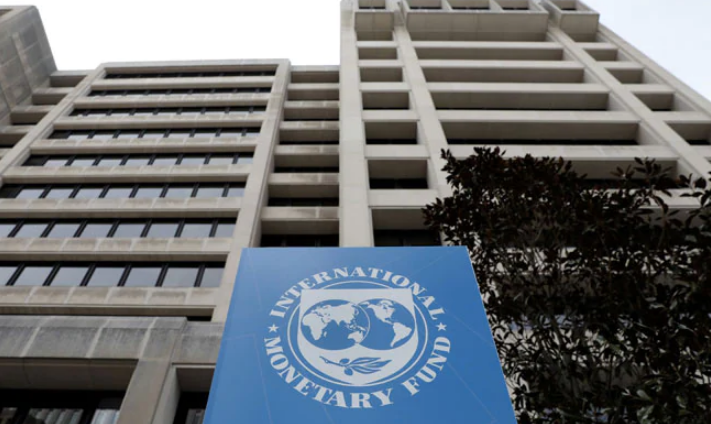The Pakistan Tehreek-e-Insaf (PTI) has recently sent a letter to the International Monetary Fund requesting the global lender to factor in the country’s political stability in any further bailout talks with the Pakistan government.
The letter has been addressed to the IMF Managing Director, wherein, the PTI spokesperson Raoof Hasan stated that the February 8 general elections were subjected to widespread intervention and fraud in the counting of votes and compilation of results. Given the policies and principles the IMF stands for, there should be no doubt that the abuse of power by a small number of public officeholders to impose their agenda on Pakistan’s populace as aforesaid, and thus to ensure their continuing personal gain, would not be promoted or upheld by the IMF.
Moreover, it said not just the PTI, but several other political parties in Pakistan, along with several Western governments, Commonwealth observers, local civil society organizations, and international print and electronic media, have called for an independent probe into claims of intervention and electoral fraud. The party called upon the IMF to give effect to the guidelines adopted by it concerning good governance as well as conditionalities that must be satisfied before the grant of a finance facility that is to burden the people of Pakistan with further debt. An audit of at least thirty percent of the national and provincial assemblies’ seats should be ensured, which can be accomplished in merely two weeks.
Pakistan’s internal politics and political dogfight has now spread out of the country, reaching into the global arena from Washington, Brussels, and London to Makkah and Medina. The opposition’s anti-government sloganeering during the Hujj rituals and leg-pulling at the European Union and the IMF is something uncommon in today’s Pakistan. Interestingly, other nations and the global community as well, became aware of the newest trends and traditions of the Country’s politics, wherein Pakistani leaders often invited them for the Umpire or mediator role. Historically, political wrestling at the global forums might benefited any political party or leader in the past but surely such kind of civic work seriously undermined the country’s prestige and impaired the national image at the global level. Although, the European Union, the United States, Canada, and other Western governments uphold democracy, human rights, and the rule of the law during their dealing with foreign countries yet the IMF, the World Bank, and other global financial institutions deal with the incumbent governments, follow their business rules and have their due diligence criteria that is more governance and fiscal management related than political.



